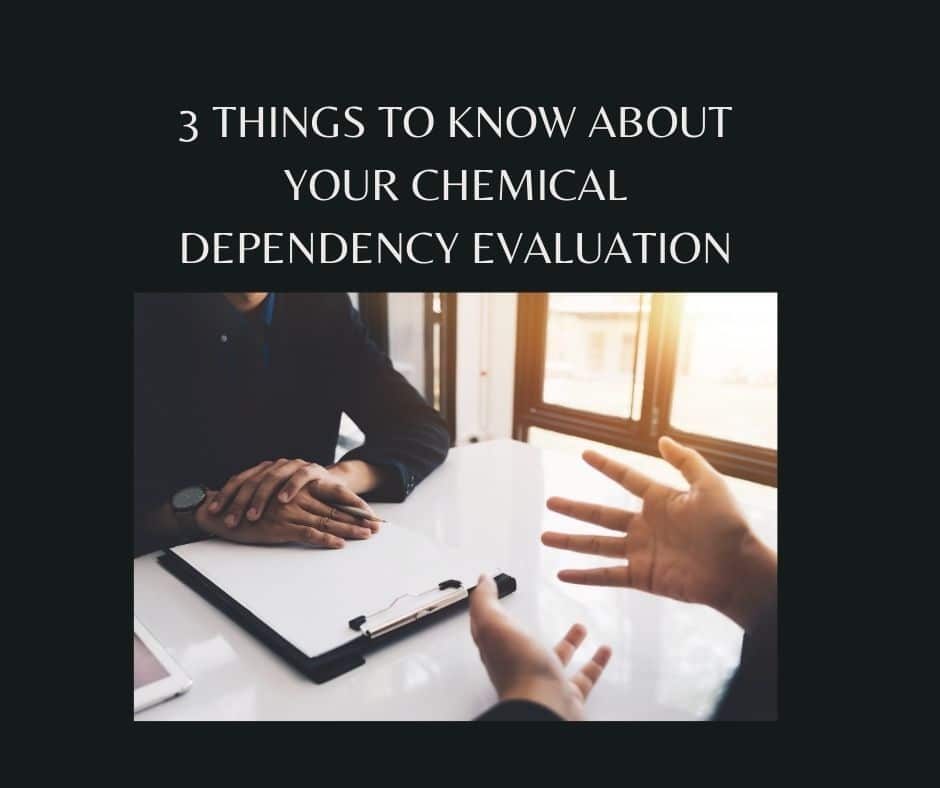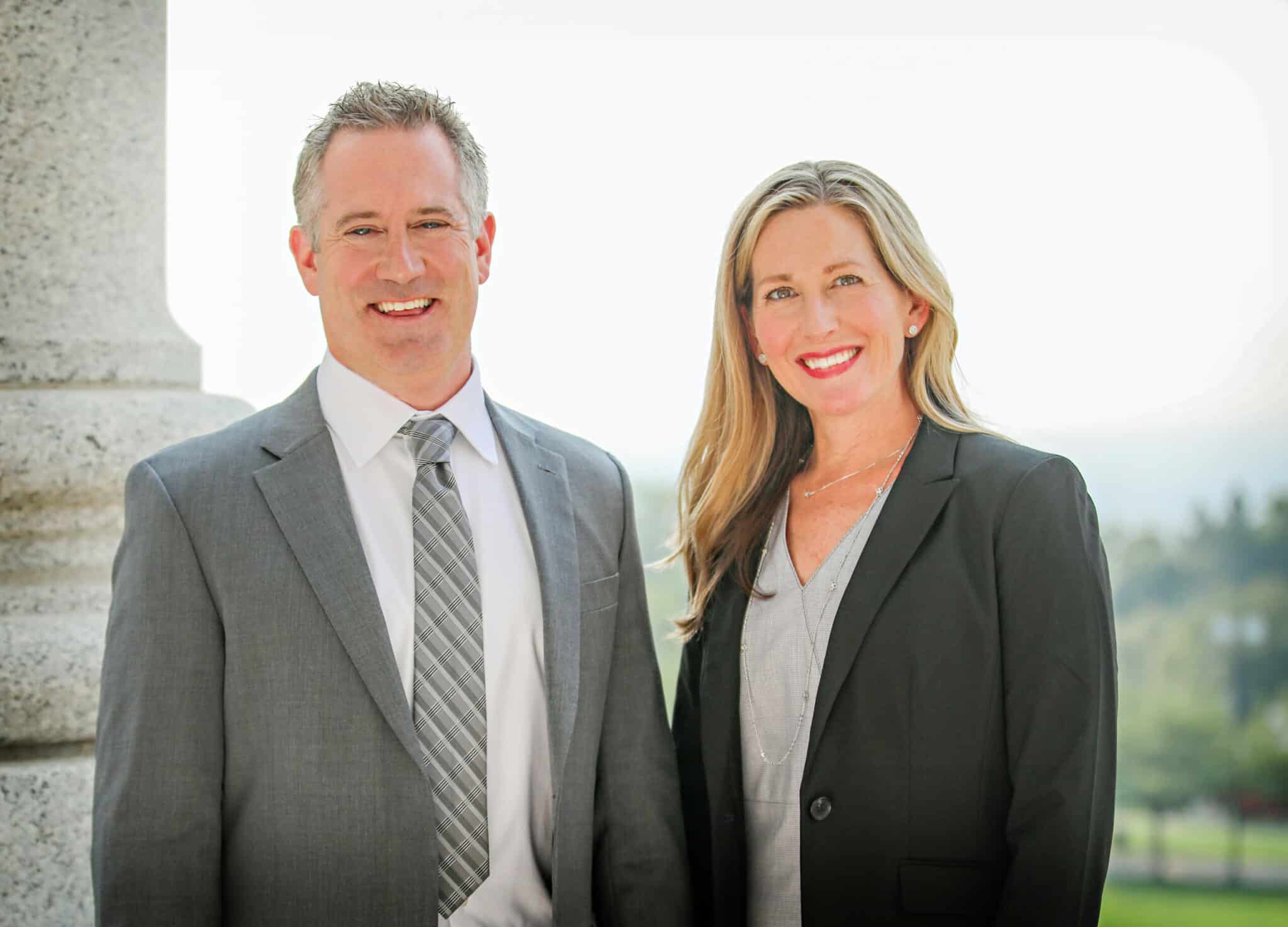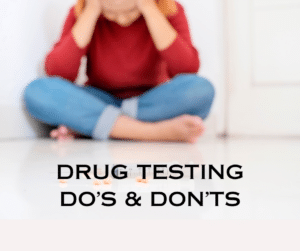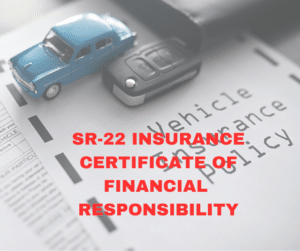
If you are seeking a drug and alcohol evaluation because your lawyer thinks it’s a good idea or you have been ordered to do one, it is important to know a few things.
Video regarding the Basics of a Drug & Alcohol Assessment
#1
First, Prosecutors and Judges do not want you to “shop around” for a good evaluation. If you have been ordered to get one following a plea or a guilty verdict, you better choose wisely the first time. This means do your research with reviews and referrals. Your lawyer may have a strong opinion about where you go.
Unfortunately, there is an inherent conflict at most of the chemical dependency treatment providers because they are both evaluators and treatment providers. By this, we mean that if you are found to have a “problem” with drugs or alcohol, the treatment that is suggested can be completed and is billed by the same company that does your evaluation. If you think that gives them a reason to find you have a drug or alcohol problem…well, it might. Evaluators should be professional and keep their financial incentives separate from their judgment but some locations have a reputation for doing the opposite. So do your homework in advance. If there are a lot of complaints about unfair or exaggerated evaluations, take that into consideration.
Additionally, if you haven’t been ordered to do an evaluation and are simply having one done in preparation for your case, you can choose to go to more than one location. However, when possible, simply choose the best place you can based on research and stick with the one evaluation. That evaluation should be sent to your lawyer ONLY.
#2
Second, you will be answering written questions and oral questions. Be prepared. Don’t show up uninterested or “bothered” by the evaluation. That is usually seen as lacking awareness of your problem. If you’ve been arrested for an alcohol-related offense, you, by definition, have a problem. The issue the evaluator is trying to resolve is to what extent you have a problem and whether you will continue to have that problem. If you don’t have a problem, participate fully so they can figure that out.
Furthermore, do not minimize things that should not be minimized. Even if your criminal charge is a one time occurrence, don’t minimize the fact that you got arrested, perhaps hurt someone or yourself, or could have endangered others. Basically, don’t try to “outsmart” the evaluator by choosing the “right” answer. There really are no perfect answers. The best thing you can do is be respectful, responsive, and take responsibility for your mistakes. Making a terrible mistake on one occasion does not mean that you need treatment. If you don’t know that you made a mistake, it might indicate that you do need treatment. So, don’t try to play games.
#3
Third, you will be taking a UA at some point during your evaluation. Do not show up with any substance, including alcohol, in your system! This would seem like a no brainer but it happens all the time. If you can’t show up sober to an evaluation, you have a problem. Similarly, do not try to “cheat” the UA. These are highly sensitive tests and it WILL pick your THC, alcohol, or any other substance. It will also pick up your diluted sample. So, drinking a gallon of water before your UA will only mean that your test is labeled deceptive and counted as a positive. Not a great way to start the evaluation process.
If you have questions about what to expect, where to go, or any other questions before your evaluation, contact your lawyer as soon as possible. If you think you will test positive for THC because you used two weeks ago, you might want to delay your evaluation. These are issues you can discuss with your criminal defense lawyer. For some folks, a positive THC test will not matter and for others it could make a big difference on the outcome of your case. Every case is unique and the outcomes vary wildly depending on every detail. Do not take legal advice from blogs or from friends. Get advice from a lawyer who can go over your particular facts and give experienced advice.
If you would like to know more about chemical dependency assessments, CLICK HERE.
If you haven’t hired a lawyer yet, Witt Law Group offers free consultations. If you have a criminal case in Kitsap County or Thurston County, give our office a call. 360-792-1000. We answer evenings and weekends so don’t hesitate to get peace of mind.

Get help now
Whether you choose to handle your case alone or engage the Witt Law Group, being informed and prepared is essential. Early involvement of an attorney can significantly impact your chances of a fair recovery, allowing you to focus on healing while we handle negotiations with insurance adjusters to secure fair compensation for your injuries.




